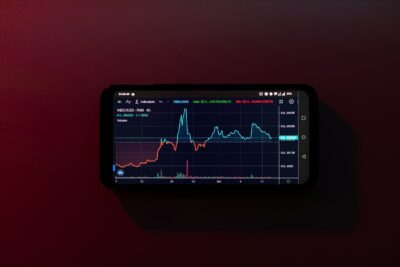Transatlantic perspectives: A Closer Look
The Iraq war remains a pivotal moment in modern history, shaping geopolitical landscapes and testing alliances. The American attitude towards this conflict has been marked by a complex interplay of factors, including national security concerns, political ideologies, and perceptions of global responsibility.
Understanding the Widening Gulf
The quote, “It is impossible to exaggerate the wide, and widening, gulf between the American attitude on the Iraq war and the view from our friends across the Atlantic,” encapsulates the profound divergence in perspectives. To comprehend this gulf, we delve into the key elements that have contributed to the stark contrast between American and European viewpoints.
American Attitudes: National Security and Global Responsibility
The United States, driven by post-9/11 security concerns, embarked on the Iraq war with the aim of eliminating perceived threats and promoting stability in the Middle East. The American attitude was anchored in the belief that proactive military intervention was necessary to safeguard national interests and prevent the spread of terrorism.
Furthermore, the notion of American exceptionalism and the role of the U.S. as a global leader influenced the decision to engage in Iraq. From an American perspective, active involvement was seen as a demonstration of responsibility and a commitment to shaping a safer world order.
The European Viewpoint: Skepticism and Diplomacy
Contrastingly, our friends across the Atlantic – the European nations – approached the Iraq war with a more skeptical and diplomatic lens. Many European leaders, notably those in France and Germany, questioned the legitimacy of the war and emphasized the need for peaceful resolutions through international cooperation.
The European viewpoint reflected a commitment to multilateralism and a preference for diplomatic solutions over military intervention. Skepticism towards the evidence supporting the necessity of war and concerns about potential destabilization in the region played significant roles in shaping European attitudes.
Change Management in Global Relations
The divergence in attitudes towards the Iraq war highlights the necessity of change management in global relations. Understanding and addressing this gulf is crucial for fostering collaboration and maintaining strong transatlantic partnerships. Change management strategies should involve open dialogue, mutual respect, and a commitment to finding common ground despite differing perspectives.
Executive Coaching: Navigating Diplomatic Challenges
Executive coaching services play a pivotal role in preparing leaders to navigate diplomatic challenges arising from differing global perspectives. Leaders need to develop the skills to communicate effectively, build bridges, and foster understanding in the face of significant divergences. Embracing diversity in viewpoints becomes a cornerstone for effective leadership in an interconnected world.
Effective Communication: Bridging the Atlantic Gulf
Effective communication becomes the linchpin in bridging the gulf between American and European attitudes. Leaders must communicate transparently, acknowledging differing viewpoints, and seeking common ground. The quote underscores the importance of addressing this communication gap to strengthen alliances and navigate future challenges collectively.
Business Success Amidst Global Disparities
For businesses operating on both sides of the Atlantic, understanding and adapting to these divergent perspectives is essential for sustained success. Management consulting services can provide insights into the cultural nuances and geopolitical factors influencing business environments, facilitating informed decision-making and strategic planning.
Generative Artificial Intelligence: A Tool for Understanding Perspectives
Generative Artificial Intelligence (GAI) can play a role in analyzing vast datasets to understand and anticipate geopolitical shifts. By leveraging AI, leaders gain valuable insights into public sentiments, enabling them to tailor their approaches to align with prevailing attitudes on both sides of the Atlantic.
Leadership Skills for a Unified Future
Leadership and management skills must evolve to navigate the complexities of a globalized world with divergent perspectives. Embracing a leadership style that values diversity, fosters collaboration, and adapts to changing global dynamics is imperative for building a unified and prosperous future.
Conclusion: Nurturing Transatlantic Understanding
In conclusion, the gulf between American and European attitudes on the Iraq war is a stark reality that demands attention. Nurturing transatlantic understanding through effective change management, diplomatic leadership, and embracing diversity will be the key to building a future where the Atlantic remains a bridge, not a divide.























